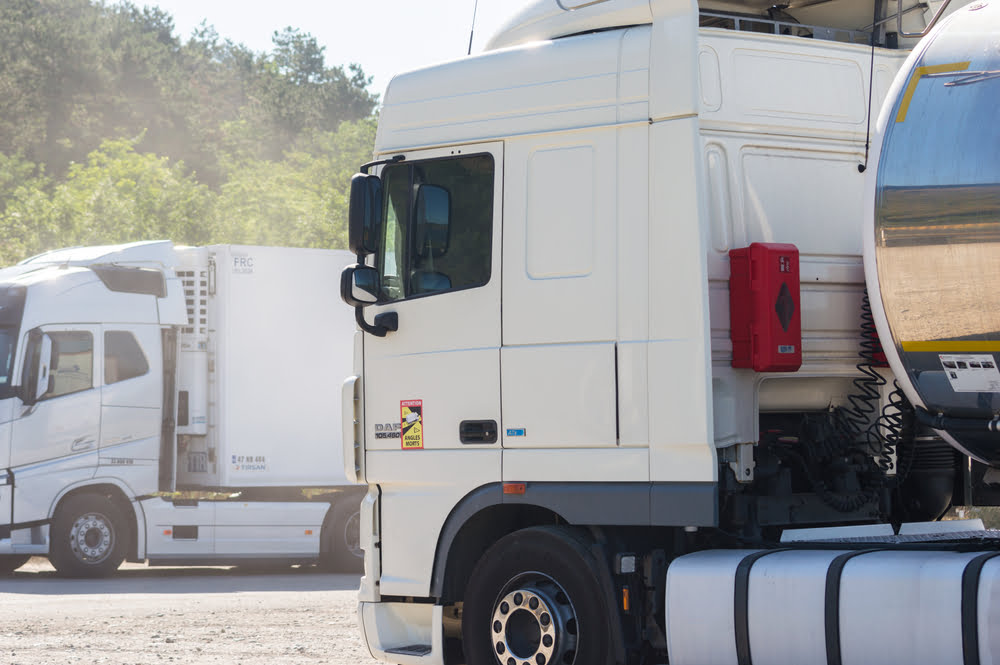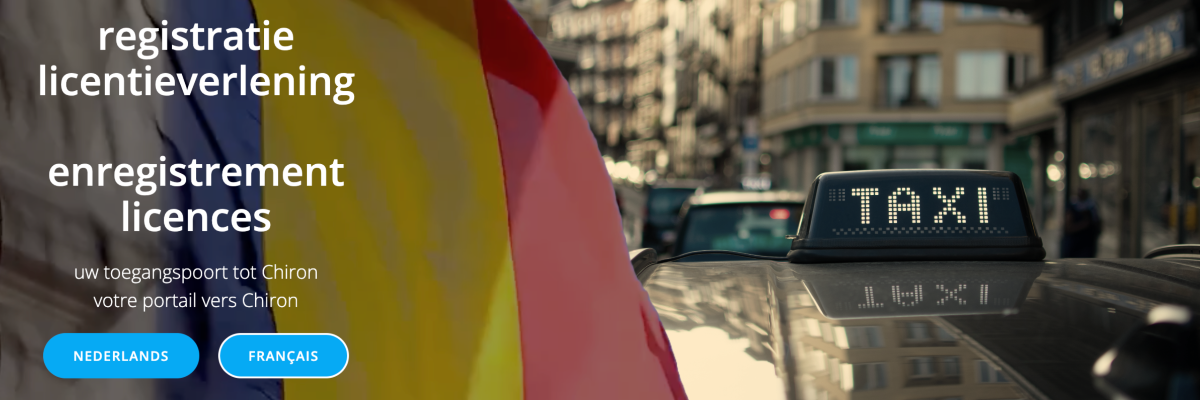Customs transfers re-entry shipments with import destination to the NVWA.
Export of animal products to the United Kingdom and the consequences of returns to the Netherlands are an increasingly common challenge for Dutch exporters. Since Brexit, new rules and procedures have been introduced for trade between the United Kingdom (UK) and the European Union (EU), which has a direct impact on the export of products such as meat, cheese and fish.
The process begins when shipments of animal products are refused at the UK border. This can happen for a number of reasons, ranging from incorrect paperwork to non-compliance with UK import regulations. As soon as a shipment is returned to the EU, and in this case the Netherlands, the Dutch Food and Consumer Product Safety Authority (NVWA) becomes involved. The NVWA is responsible for the inspection of every shipment that enters the EU via the Netherlands.
There is a set procedure for such returns. The gist of this procedure is that the owner of the shipment must take certain steps to get his goods back into the EU. First of all, the shipment must be registered in advance with the NVWA. This is an essential step, because without this notification the shipment will not be allowed to re-enter the EU.

The United Kingdom (UK) can refuse shipments of animal products (such as meat, cheese and fish) at the border for a variety of reasons and send them back to the European Union (EU).
In addition, it is necessary that the export certificate is present with the shipment. This certificate is proof that the goods originally come from the EU. Without this certificate it is difficult for the authorities to determine whether the goods meet EU standards.
Another important document is the non-tampering declaration. This declaration is a guarantee that the shipment has been under the supervision of authorities and has not been tampered with during transport. In the UK, for example, this supervision is carried out by British Customs or the veterinary authority Defra.
Given the complexity of these processes, the NVWA advises companies that are not familiar with the import procedures of animal products into the EU to use a customs agent or a forwarder. These professionals can provide valuable support in navigating regulations and ensuring the smooth flow of goods. For finding such experts companies can contact the trade organization FENEX.
This situation highlights the challenges that Dutch exporters face in the wake of Brexit. It is crucial that businesses are aware of the changing regulations and adapt their processes accordingly to minimize disruptions to their trading activities. This procedure describes how the NVWA carries out inspections for re-imports into the EU of products of animal origin originally from the EU.




